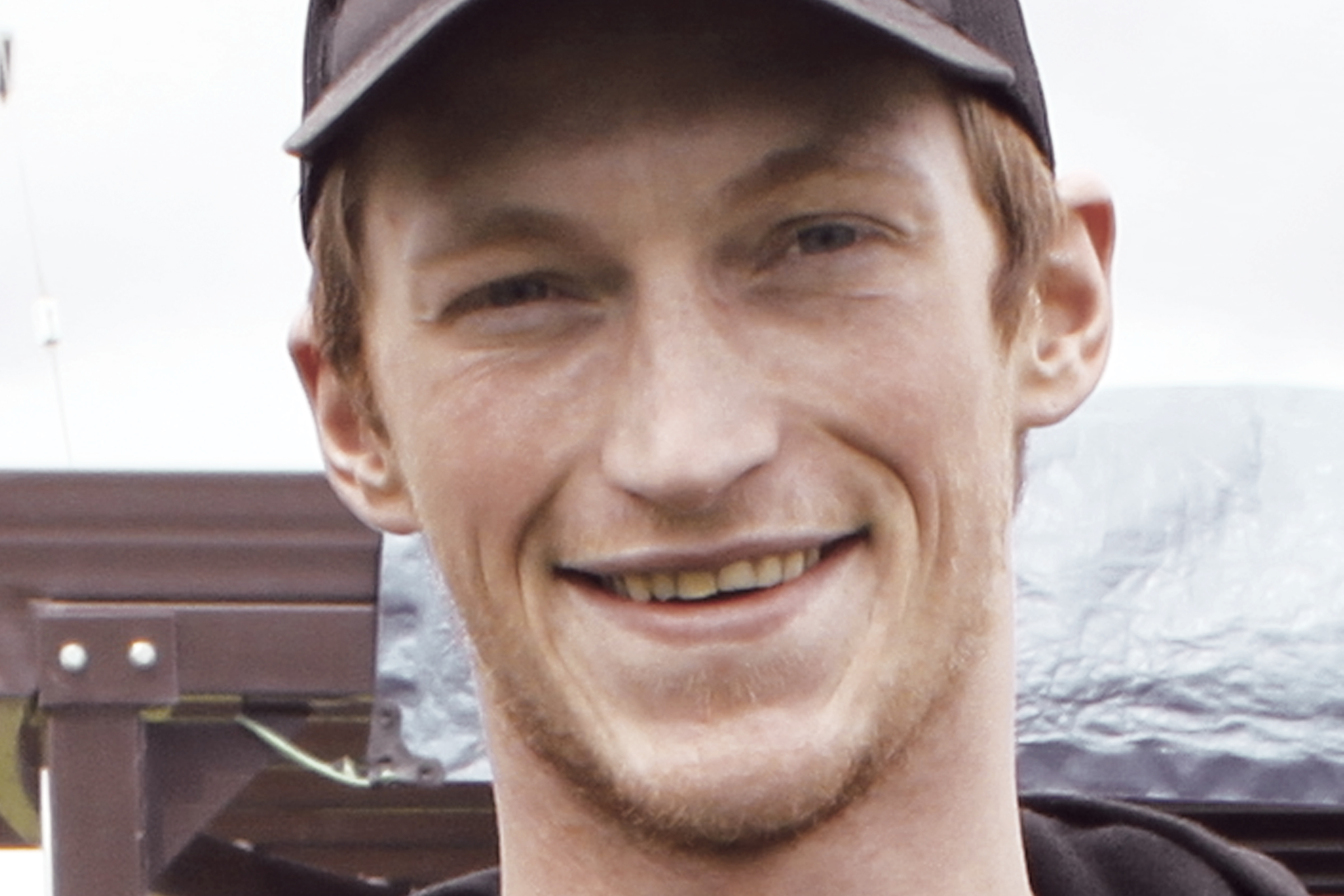PHIL
Dearest Alex.
How I miss you. It’s been more than six years since you died by suicide and I have struggled with the helplessness and sense of failure I’ve felt in not being able to protect you from those difficulties you so bravely faced. My heart so aches from the loss of you in my life.
I anguish over how I failed to recognize the depths of your struggle and how I failed to implore you to let me help. And I’m saddened that you couldn’t confide in me, your father, the extent of your pain.
You were such a wonderful son. I know I expressed my unconditional love to you frequently and was happy to demonstrate my pride in you as a person, as well as what you accomplished. I believed that your intelligence, your helping nature, and your varied skills and talents would enable you to handle life’s up and downs. But unfortunately, those downs were deep and formidable.
You were socialized as a young man and conditioned in the trades to exhibit strength and avoid exposing any vulnerability. I am a product of that same conditioning. How I wish I had been a better role model by more openly expressing my emotions, my vulnerability, my weaknesses. For that I’m deeply sorry.
I’m left sifting through memories that point to your struggle with depression and a fragile self esteem. You bravely faced those challenges and attempted to cope on your own, resorting to self medicating with alcohol, marijuana and cocaine when the struggle was too great.
I have to think your means of coping led you to suffer the damaging stigma associated with illicit drug use. Substance use as means of coping with mental health challenges should not be criminalized. There is intense stigma perpetrated by the negative labels ‘criminal’ and ‘addict’. How could that not have been an insurmountable barrier to you seeking support, to asking for help? I have to believe that stigma, and the accompanying shame, reinforced the emotional isolation and negative self image that made it so difficult for you to ask for help. I know you didn’t want to disappoint me, but I could only ever see you as my wonderful son.
Since your passing I’ve come to better understand how damaging stigma is. It leaves no place for the compassion that is so vital for enabling communication and the sharing of human vulnerability. I believe the stigma you perceived and your diminished self esteem left you unable to feel worthy of the love and compassion we all felt for you. It so saddens me to think you may have considered your self not worthy of our help. I want you to know there was nothing we wouldn’t have done to have you still with us.
Your passing has taken a large piece of my heart. Fortunately, there remains a piece that is filled with the immense love I developed for you over your 24 years. I remember you both fondly and sadly, and struggle with wondering what I have been deprived of without you in my life. I have received life altering benefits from being your father and it seems strange to say that includes your passing. While I would do anything to have you back in our lives that I cannot change. What I can change is to use the pain of your loss to drive my own personal transformation. Really, how could I not be transformed by something so life altering?
I now seek to be more open in sharing my emotions with others and exposing my vulnerability. The trauma of losing you has made me more acutely aware of the suffering of others. Over time I have come to better understand how this experience has changed me, which I use in offering help to others. I speak openly about suicide to challenge the damaging stigma that’s a barrier to communication and helping those in need. I participate in a Suicide Bereavement Support Group and volunteer in the “Tough Enough to Talk About It” program presented to the trade students at NAIT. The program focuses on mental health awareness, suicide prevention and helping resources. With each presentation I think of you Alex, and know you would appreciate the effort to help break down the barriers that prevent young men and women from seeking help. That was your caring nature.
For this personal growth and what more I may be capable of, I am most grateful to you my beloved Son. While you are physically gone, I strive to always connect to that deep love I have for you. I want you to know you are so much a part of who I am.
Your loving Father.
My letter to Alex speaks to the social risk factors and stigma that are barriers to men seeking help. I believe they can be overcome through awareness and meaningful communication. The links included on this page provide examples of available services and ongoing efforts towards breaking down the barriers.
Research indicates that both suicidal behaviors and substance poisonings have been found to have preceding mental health and social risk factors that are largely overlapping. This calls for a unified approach to prevention.

